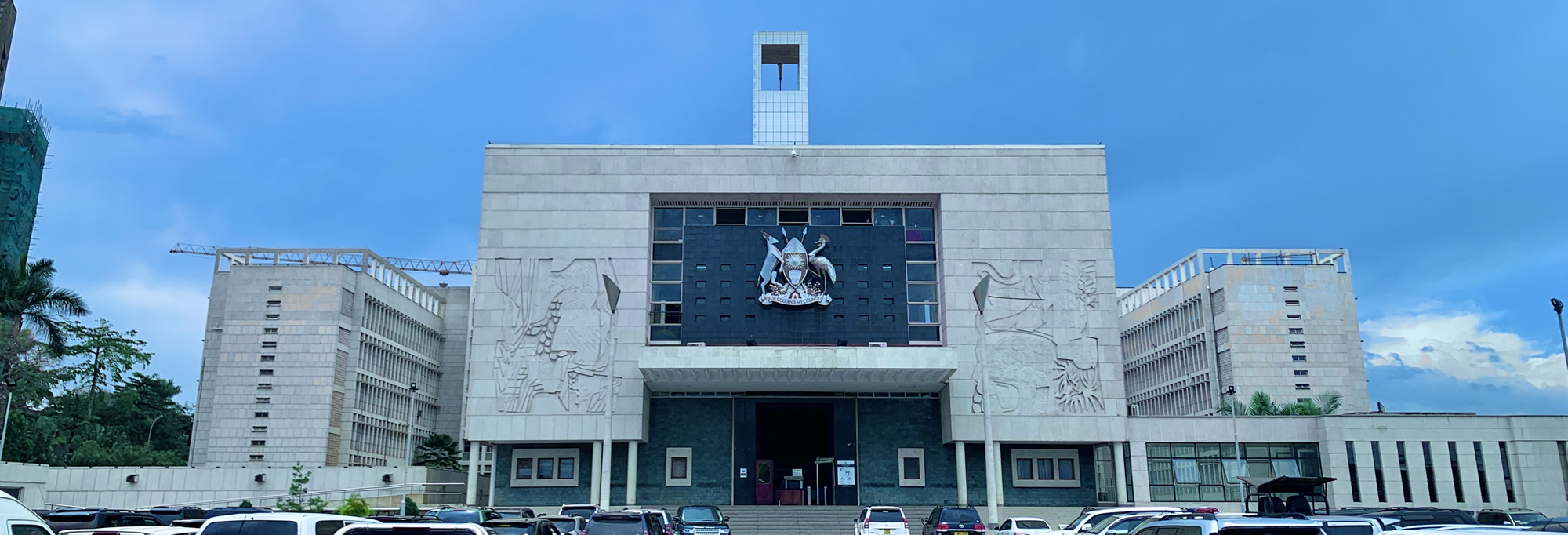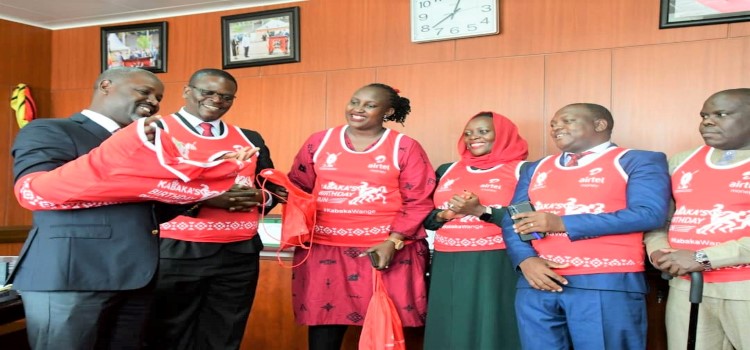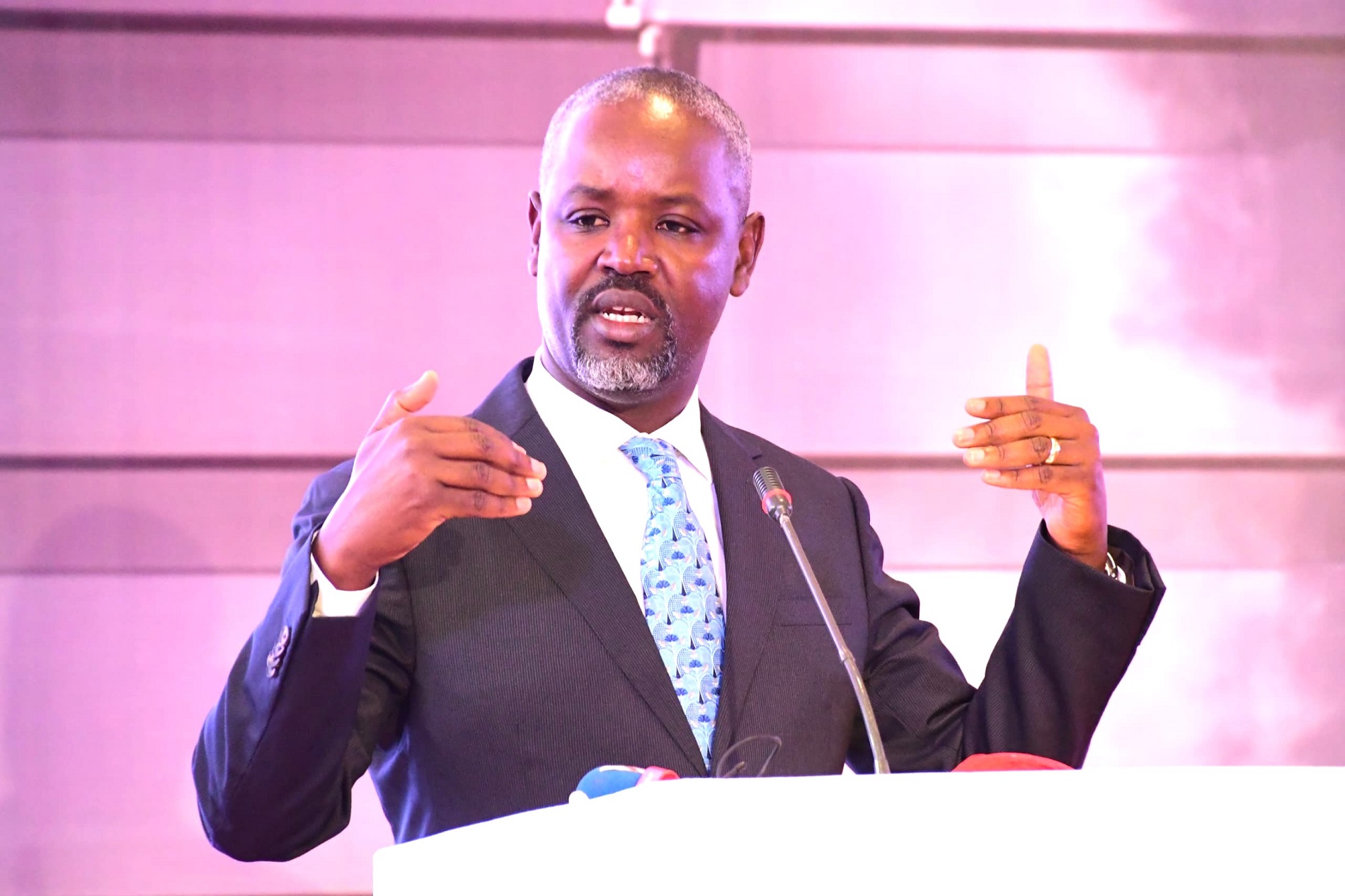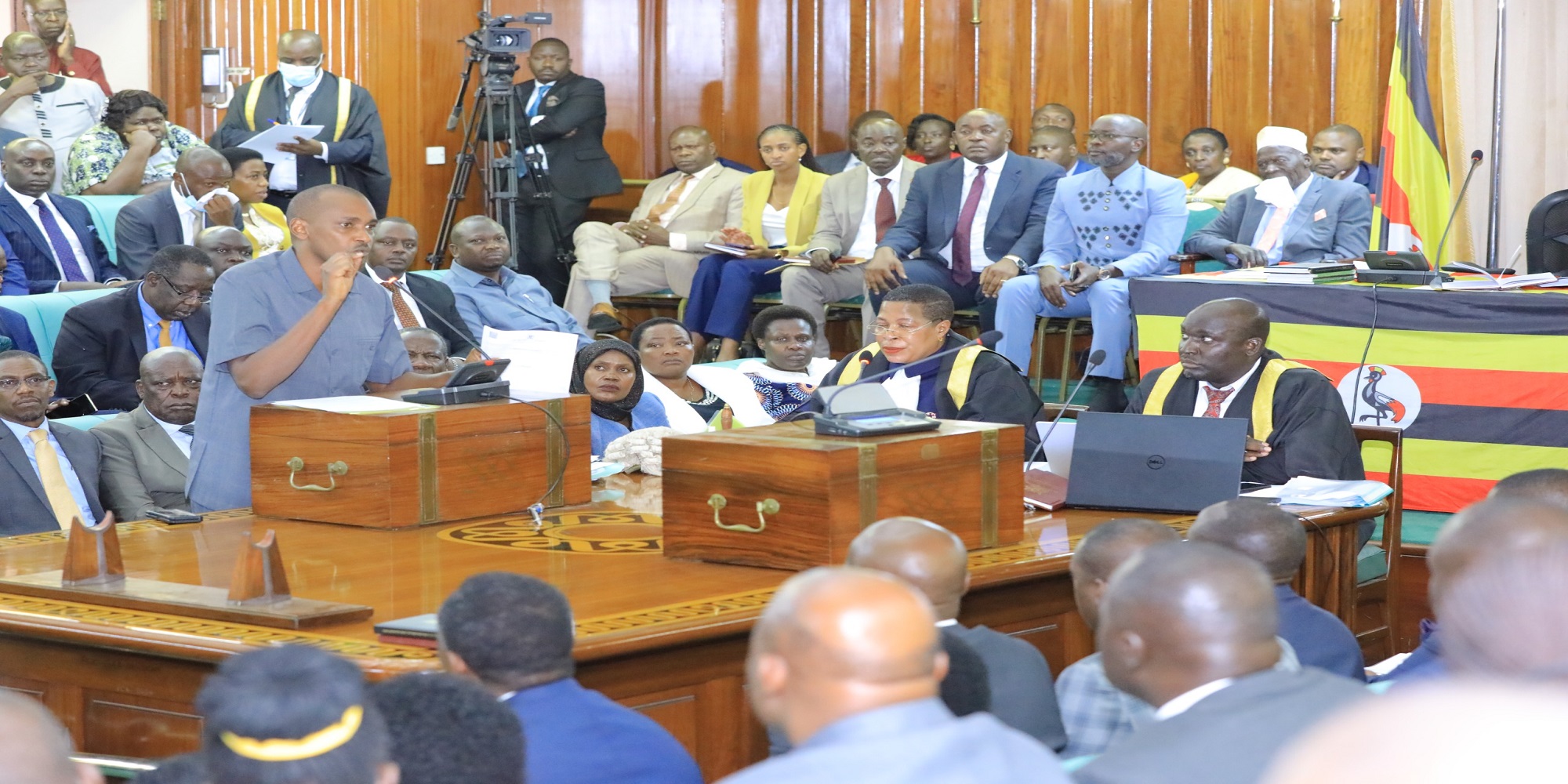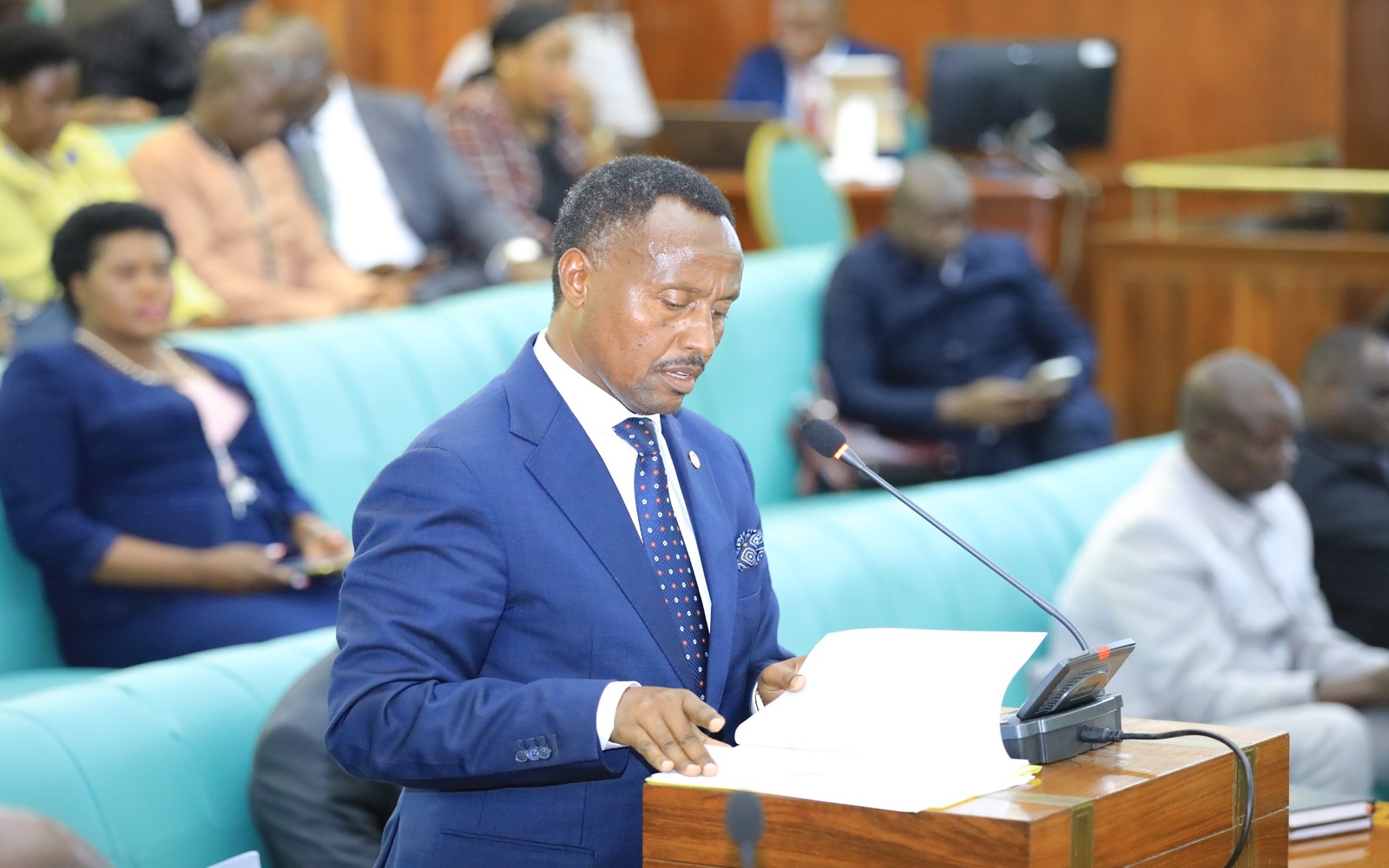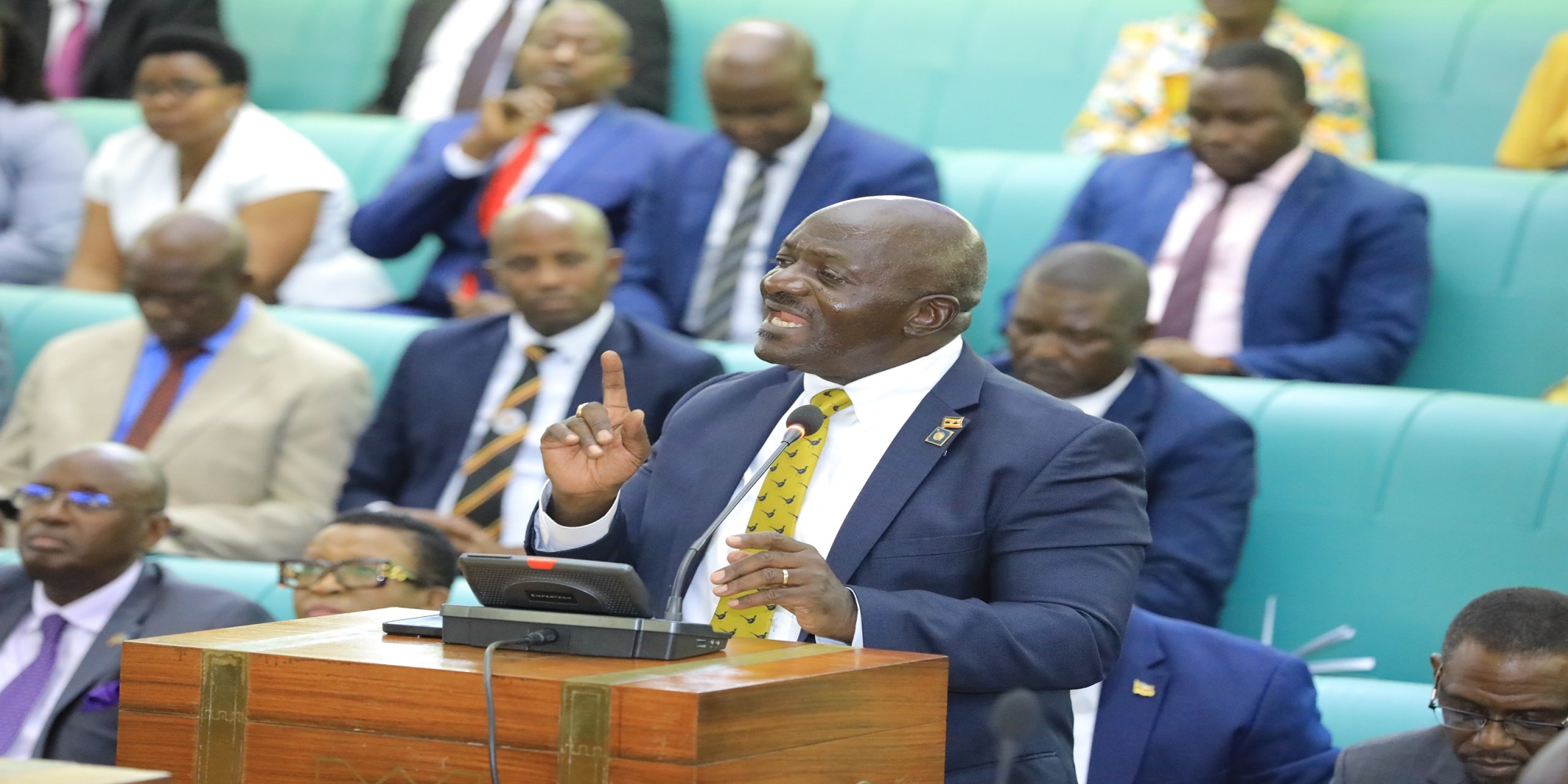The annual Kabaka Birthday Run has greatly contributed to significant HIV/AIDS awareness and increased testing in the country, the Deputy Speaker of Parliament, Thomas Tayebwa, has said.
Tayebwa, who confirmed that he will participate in the 10th edition of the Kabaka Birthday Run was meeting members of the Buganda Parliamentary Caucus led by their deputy chairperson, Dr Michael Lulume Bayiga, on Thursday, 13 April 2023 in his office.
The run is scheduled to take place on Sunday, 16 April 2023 and will be flagged off by Kabaka Ronald Muwenda Mutebi II.
This year’s run is intended to raise awareness and strengthen the efforts to fight the HIV/ AIDS epidemic in Uganda at large, under the theme: “The fight to end HIV/ AIDS by 2030.”
"The Kabaka and the Kingdom have greatly supported several government programmes and interventions such as HIV, wealth creation and COVID-19. You remember his role in mobilising the people of Uganda to get vaccinated against COVID-19," the Deputy Speaker said.
"I'm aware that proceeds from previous birthday runs have supported several causes such as Fistula, Sickle Cell Disease, HIV/AIDS and blood donation," Tayebwa said.
"I was very happy when I saw the Kabaka at Imperial Resort Beach in a youthful style," he added before wishing the king a happy birthday.
Tayebwa stressed that the Kabaka Run has made considerable progress in responding to the HIV epidemic and urged the public to come out in huge numbers to support the HIV/AIDs awareness drive by participating in the Run and Kingdom’s activities.
Dr Lulume Bayiga handed over kits to the Deputy Speaker and the Speaker of Parliament, Anita Among.
Proceeds from the run will be channed to supporting initiatives to end HIV/AIDS by 2030.
Data from UNAIDS, indicates that by 2021, 38.4 million people globally were living with HIV. The report also indicated that although 1.5 million people became newly infected with HIV, there was a reduction in new HIV infections reflecting a 54 per cent drop since the peak in 1996.
